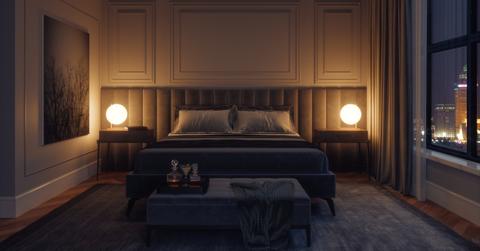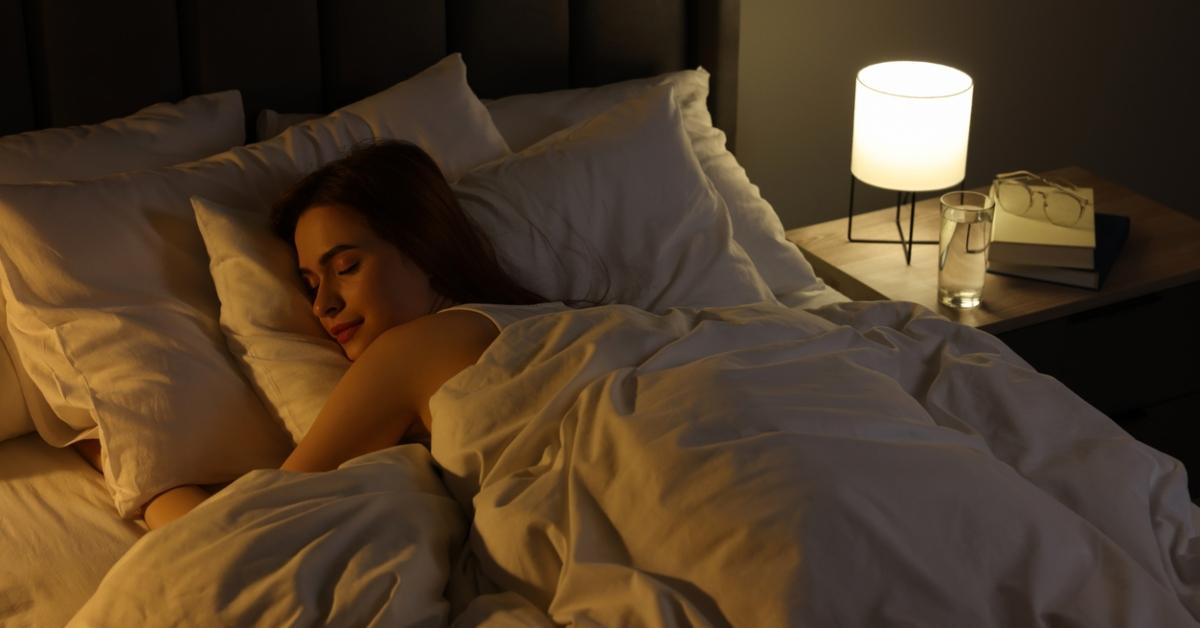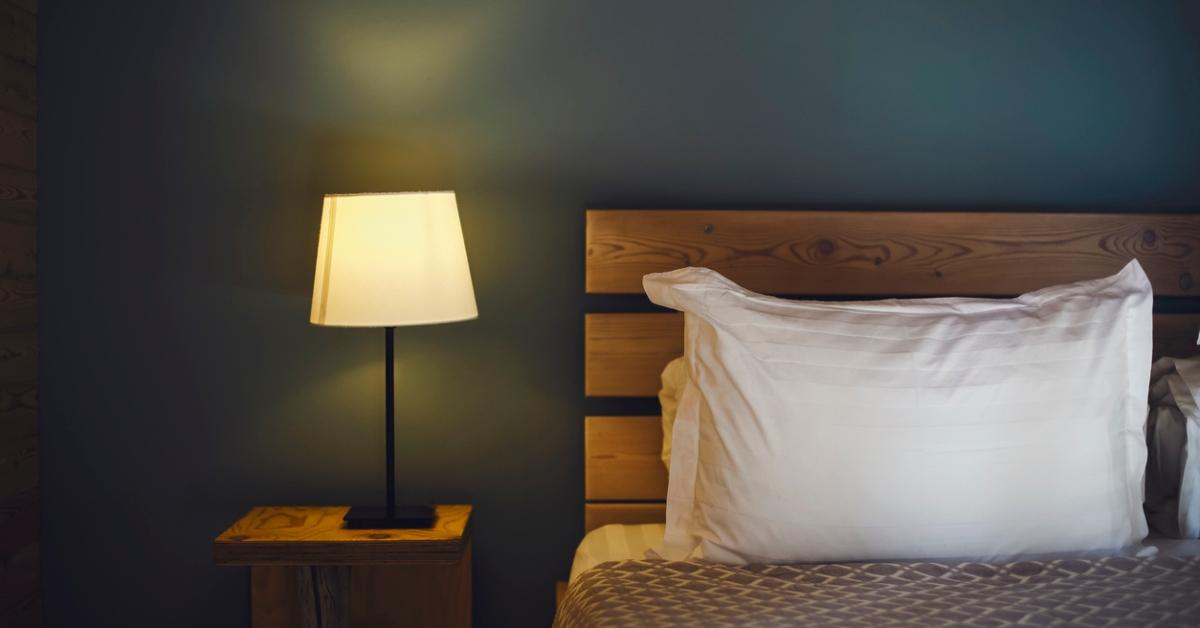What Is Sleep Tourism? People Are Traveling Just to Get a Good Night’s Rest
Have you ever felt so sleep deprived that you want to vacation just to get a good night’s sleep? Sleep tourism could be the kind of wellness escape you need.
Published April 29 2024, 4:15 p.m. ET

Some people are vacationing with one thing in mind: sleep. Sleep tourism has become a major travel trend since the beginning of the COVID-19 pandemic, leading to the emergence of sleep hotels, sleep suites, and in-house sleep experts for travelers looking to rest.
While extremely important, many adults neglect their sleep health, and a sleep vacation could be what a lot of people really need. Here’s how sleep tourism is taking over.

What is sleep tourism?
Sleep tourism is a travel trend that emphasizes getting the best sleep possible. It often involves picking a vacation spot that offers sleep amenities. According to Fortune, hotels have responded to a rise in sleep-focused travelers by upgrading their sleep services, even hiring sleep experts.
According to CNN, in 2022, Park Hyatt New York launched its Restorative Sleep Suites, including a Bryte Balance smart bed enhanced with audio and motion technology to soothe you, an essential oil diffuser, sleep-related reading material, sleeping masks, and more.
A sleep hotel known as Zedwell has even opened in London. It offers sound-proof minimalist rooms (called cocoons), gentle lighting, and no T.V. distraction. As sleep tourism becomes more popular, more and more sleep hotels, rooms, and retreats seem to be popping up, per CNN. But why have people begun traveling to sleep?
Why is sleep tourism so popular?
The rise in sleep tourism is a result of a growing sleep epidemic. According to the Centers for Disease Control and Prevention (CDC), one in three adults doesn’t get enough sleep. Quality sleep is often mistaken for a luxury when it’s essential for good mental and physical health.
The CDC warns that inadequate sleep can lead to some serious health conditions, such as heart disease, obesity, type 2 diabetes, and depression. Sleep deprivation is also a major cause of car collisions each year, as well as workplace injuries.
According to Condé Nast Traveler, sleep health—and overall wellness—started appearing on many people’s radar during the early stages of the COVID-19 pandemic. As more people realize their sleep health isn’t in check, sleep has become more of a priority while vacationing.
Wellness tourism has grown to a $814 billion industry, where people are no longer interested in vacationing to the point of exhaustion but rather use vacationing as rest.
Author and sleep scientist at Harvard’s Division of Sleep Medicine, Rebecca Robbins told Fortune, “The idea that travel could restore you—to cognitively learn things and experience new things and also physically and mentally get the rest you need to power your trip and to allow you to return home rested—is a really exciting proposition.”

Tips for getting better sleep at home.
Although renting a private cocoon in the heart of London sounds like a dream, you don’t have to book a luxury vacation to take control of your sleep. Here are some tips to try at home.
Have a wind-down routine. According to Yale Medicine, cleaning up your room, writing down to-do lists, and adopting a self-care routine can help settle your brain and make it easier to fall asleep and stay asleep.
Another tip is to keep a book next to your bed before bedtime. Reading a book can help get your brain to drift off into sleep, but will keep you occupied (and off your phone) until you are ready, per Yale Medicine.
If possible, try not to eat a big meal right before going to bed and avoid drinking caffeine and alcohol in the evening. Staying hydrated is great, but according to the American Academy of Sleep Medicine, if you get up to pee multiple times at night, you might want to stop drinking water right before going to bed.
One of the most important tips is to make sure you plan your bedtime to get seven to eight hours of sleep each night. This will look different for everyone, but adjusting the time you wake up and go to bed so that you are getting adequate shut-eye is a must for good sleep health, per the American Academy of Sleep Medicine.